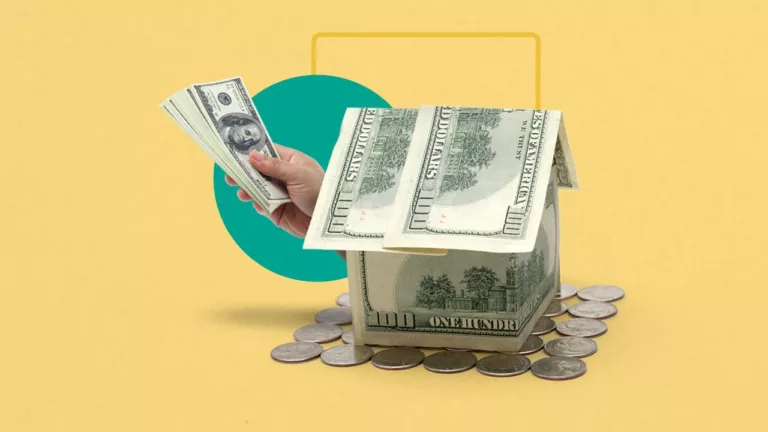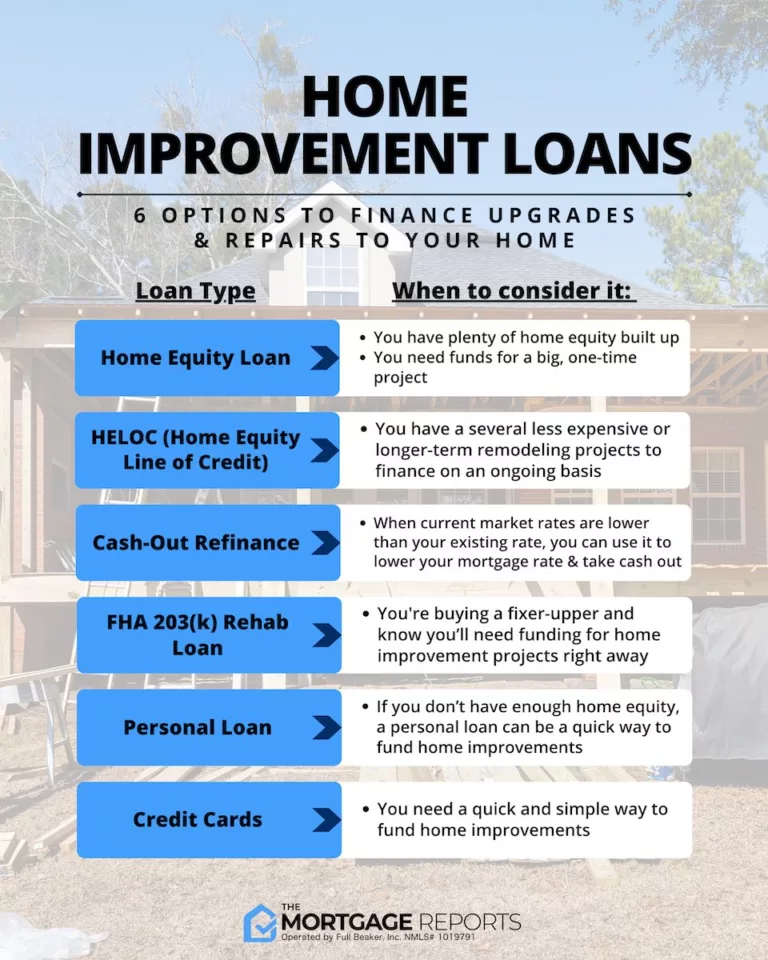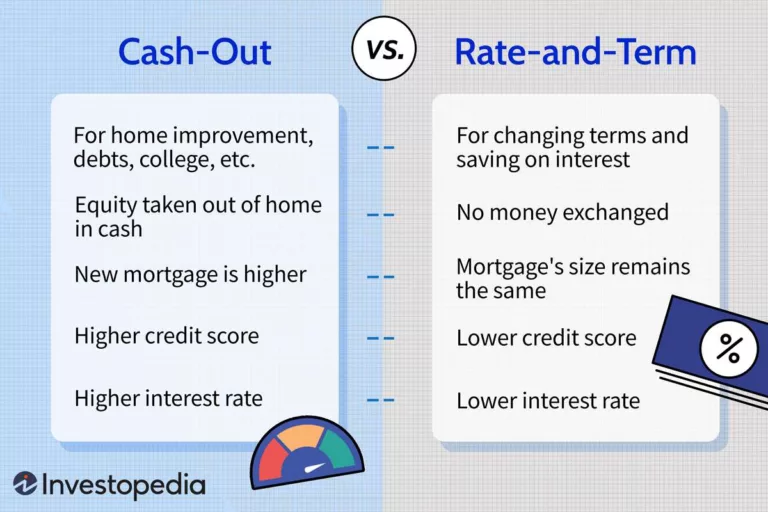What is a Graduated Payment Mortgage: The Ultimate Guide to Flexible Home Financing
A graduated payment mortgage is a type of loan where the initial payments are lower and gradually increase over time. This mortgage option allows borrowers with lower incomes to get started with lower monthly payments that are easier to manage in the early years of homeownership.
Graduated payment mortgages are designed in a way that allows borrowers to pay less in their early career years when their income is low or just starting out, and then gradually increase as their income grows. By doing so, borrowers can qualify for a larger loan amount while still being able to afford the initial payments.
This type of mortgage is an attractive option for individuals who expect their income to increase steadily over time.
Understanding Graduated Payment Mortgages
A graduated payment mortgage is a type of mortgage loan that offers borrowers low initial monthly payments that gradually increase over time. This unique loan structure is designed to accommodate homebuyers who expect their income to increase in the future or those who are currently in a low-income bracket.
A graduated payment mortgage, often abbreviated as GPM, is a mortgage loan that allows borrowers to make lower initial monthly payments, with the payments gradually increasing over a certain period. This mortgage type is particularly attractive to borrowers who anticipate an increase in their income or are currently earning a lower income but expect it to rise in the future.
In a graduated payment mortgage, the borrower pays lower monthly installments during the initial years of the loan. These lower payments help borrowers qualify for a larger loan amount or buy a more expensive property than they may have otherwise been able to afford. As time passes, the monthly payments increase, typically at pre-determined intervals, until they reach a level that covers both the principal and interest of the loan.
This progressive increase in monthly payments is based on a payment schedule determined by the lender. The payment schedule takes into consideration factors such as the loan term, interest rate, and the borrower’s projected income growth. Monthly payments may increase annually, biennially, or over longer periods depending on the terms of the loan.
The initial lower monthly payments provide borrowers with financial flexibility in the early years of homeownership. This can be especially beneficial for individuals or families who are just starting out in their careers or have other financial obligations to manage. As their income grows over time, borrowers can comfortably handle the gradual increase in their mortgage payments.
Graduated payment mortgages offer several advantages to borrowers:
- Lower initial payments: Borrowers can fulfill their dream of homeownership with lower initial monthly payments, making it more affordable during the early years.
- Flexibility for young professionals: Graduates who are starting their careers at lower income levels can take advantage of low initial payments and anticipate higher future incomes as they progress in their professions.
- Potential for increased equity: As the borrower’s income rises, they are better positioned to build equity in their home by making larger mortgage payments.
However, there are also considerations to keep in mind when opting for a graduated payment mortgage:
- Increasing payments: Borrowers must be prepared for the gradual increase in monthly payments over time.
- Interest rate: The interest rate on a graduated payment mortgage may be higher compared to traditional fixed-rate mortgages, as it factors in the lender’s risk in lending to borrowers with lower initial payments.
- Longer mortgage term: The loan term for a graduated payment mortgage may be extended compared to conventional mortgages to accommodate the lower initial payments. This may result in higher overall interest payments over the life of the loan.
In conclusion, a graduated payment mortgage can be an excellent option for borrowers with an anticipated increase in income or those currently earning lower incomes. It allows them to afford homeownership while gradually adjusting to higher monthly payments over time.

Credit: bluewatermtg.com
Benefits Of A Graduated Payment Mortgage
A Graduated Payment Mortgage (GPM) offers several benefits to home buyers, making it an attractive option for those who want more flexibility and affordability. Whether you are a first-time buyer or looking to upgrade to a larger home, a GPM can provide you with the financial flexibility you need.
Lower Initial Payments
GPM allows you to start with lower initial monthly mortgage payments, making it much easier on your budget. This can be especially beneficial if you are a young professional just starting out or have other financial obligations to manage. With lower initial payments, you can ease into homeownership without feeling overwhelmed by the financial burden.
Ability To Afford A More Expensive Home
Another advantage of a GPM is that it enables you to afford a more expensive home that may have been out of reach with a traditional fixed-rate mortgage. Since the initial payments are lower, you can allocate more funds towards a larger mortgage and therefore buy a more spacious or desirable property. This is particularly advantageous if you have your eye on a home in a desirable neighborhood or if your family is expanding and you need more space.
Flexibility To Adapt To Changing Financial Situations
Financial situations can change over time, and a GPM offers the flexibility to adapt to these changes. As you progress in your career or experience an increase in income, you can handle the higher monthly payments that come with the later stages of a GPM. This enables you to plan for the future and adjust your mortgage payments accordingly, ensuring you can comfortably afford your home as your financial situation improves.
Drawbacks Of A Graduated Payment Mortgage
A Graduated Payment Mortgage (GPM) can be an attractive option for those seeking to buy a home, particularly if they expect their income to increase over time. However, like any financial decision, it is essential to understand both the advantages and drawbacks of this type of mortgage. In this section, we will discuss the drawbacks of a Graduated Payment Mortgage, including higher payments in the future and the potential for negative amortization.
Higher Payments In The Future
One significant drawback of a Graduated Payment Mortgage is the prospect of higher payments in the future. With a GPM, the initial payments start off lower than those of a traditional mortgage. This feature can make the mortgage more affordable in the beginning, especially for first-time homebuyers or those with limited income. However, over time, the payments increase.
This increase is due to the pre-set terms of the GPM, which outlines a schedule for gradual payment increases. While this can be manageable for individuals whose income is expected to rise consistently, it can present challenges for those who experience unforeseen financial difficulties or income stagnation.
It’s important to note that the payment increments can be significant, meaning individuals may face a sudden jump in their monthly mortgage payments. This increase can strain budgets and put homeowners at risk of falling behind on payments.
Potential For Negative Amortization
Another drawback of a Graduated Payment Mortgage is the potential for negative amortization. Negative amortization occurs when the monthly payments fail to cover the interest due on the loan. As a result, the unpaid interest is added to the principal balance, leading to an increase in the outstanding loan amount over time.
This increase in the loan balance can have long-term consequences, as it extends the overall loan repayment period and accumulates additional interest charges. Homeowners may find themselves with a larger mortgage balance than anticipated, making it more difficult to build equity and potentially impacting future refinancing or selling opportunities.
It’s important for borrowers considering a Graduated Payment Mortgage to carefully evaluate their financial situation and future income prospects. While a GPM can provide temporary relief in the form of lower initial payments, it is vital to ensure sustainable affordability in the long run.
:max_bytes(150000):strip_icc()/FHAnew-V1-b23f55ab8e61496d87eabfccaa25c254.png)
Credit: www.investopedia.com
Qualifying And Applying For A Graduated Payment Mortgage
The process of qualifying and applying for a Graduated Payment Mortgage involves several factors that lenders consider to determine whether you meet the eligibility criteria. Understanding these requirements is essential to ensure a smooth application process and increase your chances of approval. In this section, we will outline the key aspects that lenders evaluate when assessing your eligibility for a Graduated Payment Mortgage.
Meeting The Income Requirements
Income plays a crucial role in determining your eligibility for a Graduated Payment Mortgage. Lenders will typically assess your income stability and adequacy to ensure that you can afford the mortgage payments throughout the loan term. To meet the income requirements, ensure that your income is stable, reliable, and consistent. This can include income from various sources such as employment, self-employment, investments, and rental properties. Lenders may require documentation, such as pay stubs, tax returns, and bank statements, to verify your income. It’s important to provide accurate and up-to-date information to support your application.
Credit Score And Debt-to-income Ratio
Another critical aspect that lenders consider is your credit score and debt-to-income (DTI) ratio. A good credit score demonstrates your creditworthiness and financial responsibility, making you an attractive borrower. Ensure that you have a solid credit history by making timely payments, managing your debts responsibly, and avoiding excessive credit utilization. A favorable credit score can improve your chances of qualifying for a Graduated Payment Mortgage.
In addition to your credit score, lenders assess your debt-to-income ratio, which compares your monthly debt payments to your monthly income. To improve your chances of approval, strive to keep your DTI ratio below the acceptable threshold. This can be achieved by reducing your existing debts or increasing your income. It’s essential to maintain a healthy balance between your income and debts.
By meeting the income requirements and maintaining a favorable credit score and debt-to-income ratio, you can increase your chances of qualifying and applying successfully for a Graduated Payment Mortgage. Keep these factors in mind as you navigate the application process to ensure a smooth and efficient experience.
:max_bytes(150000):strip_icc()/personalfinance_definition_final_0915-Final-977bed881e134785b4e75338d86dd463.jpg)
Credit: www.investopedia.com
Frequently Asked Questions For What Is A Graduated Payment Mortgage
How Does A Graduated Payment Mortgage Loan Work?
A graduated payment mortgage loan is a type of loan where the initial payments are lower and gradually increase over time. This allows borrowers with lower income to afford the mortgage initially and expect an increase in income in the future.
It offers flexibility and can help borrowers manage their finances effectively.
What Is The Advantage Of A Graduated Payment Mortgage?
Graduated payment mortgages offer the advantage of lower initial payments that increase over time. This can help buyers with limited upfront resources afford a home. As their income grows, borrowers can handle higher payments while still enjoying the benefits of homeownership.
What Is The Difference Between Graduated Payment Mortgage And Growing Equity Mortgage?
Graduated payment mortgage has lower initial payments that increase over time, while growing equity mortgage has fixed payments but a shorter loan term. Graduated payment mortgage is suitable for buyers with lower incomes, while growing equity mortgage is ideal for those who want to build equity quickly.
Does The Payment On A Graduated Payment Mortgage Usually Have Gradual Increases?
Yes, the payment on a graduated payment mortgage typically increases gradually over time.
Conclusion
A Graduated Payment Mortgage offers a unique repayment plan that allows borrowers to start with lower monthly payments that gradually increase over time. This can be a helpful option for those who anticipate their income to increase in the future.
By understanding the advantages and potential drawbacks of this type of mortgage, borrowers can make informed decisions about their homeownership journey. So, whether you’re a first-time homebuyer or looking to refinance, exploring the options of a Graduated Payment Mortgage could be a wise move.



